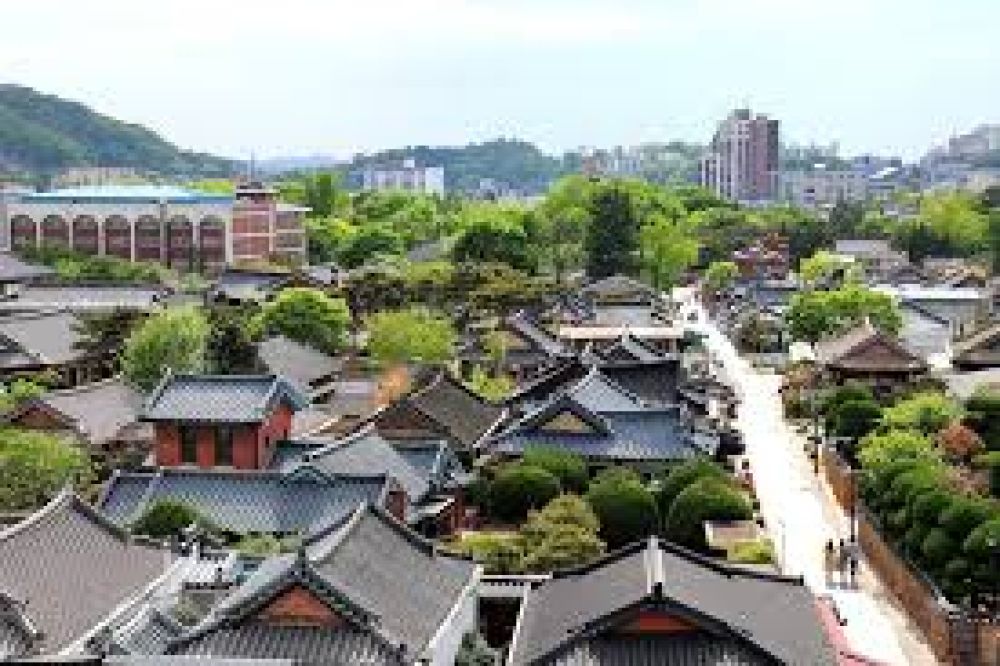A Brief History of Jeonju Tourism
Jeonju is a city located in the southwestern part of South Korea. Known for its rich history, cultural heritages, and traditional Korean experiences, Jeonju has risen to become a significant tourist destination both for domestic and international travelers.
The history of tourism in Jeonju dates back to the Joseon Dynasty when it was considered a spiritual capital with the establishment of various Confucian schools and academies. It has long been a center of culture and tradition in Korea. However, it wasn't until the late 20th and early 21st centuries that Jeonju began to see a significant surge in tourism.
Key Attractions in Jeonju
- Jeonju Hanok Village: With over 800 traditional Korean houses, known as 'hanok,' this village provides a glimpse into Korea's past and is the centerpiece of Jeonju's tourism. It was developed as a tourist destination in the 2000s to preserve Korean traditions and architectures.
- Jeonju Bibimbap: This dish, a mixed rice bowl with vegetables, meat, and a variety of other toppings, is famous throughout Korea, but Jeonju claims to be its birthplace. Food tourism is a significant part of the city's draw, with many visitors coming to taste authentic Jeonju bibimbap.
- Jeonju International Film Festival (JIFF): Established in 2000, JIFF quickly became a prestigious film festival in Asia, attracting film enthusiasts from all over the world to the city annually.
Government investment into local tourism infrastructure and the promotion of Jeonju as a city of culture and traditions have also spurred tourism growth. In recent years, Jeonju has seen a particular interest in its historical and cultural assets from younger generations and foreign tourists looking for authentic Korean experiences.
The Latest Tourism Trends in Jeonju
In line with global tourism trends focusing on sustainability and authenticity, Jeonju has seen a new wave of tourism interest that emphasizes experiential and eco-friendly travel.
- Slow City Movement: Jeonju joined the international Cittaslow movement in 2010, embracing slow and sustainable tourism, aimed at preserving traditional lifestyles and highlighting local culture.
- Experiential Travel: More travelers are seeking to engage with local culture by participating in experiences like cooking classes, traditional craft workshops, and wearing hanbok (traditional Korean attire) while exploring the city.
- Eco-Tourism: Eco-friendly accommodations and tourism practices are gaining popularity in Jeonju, aligning with global environmental conservation efforts.
- Digital Integration: Advanced technology, including VR and AR experiences at historical sites, has become part of the modern tourism landscape in Jeonju, accommodating tech-savvy visitors.
Overall, Jeonju continues to be a city where the past meets the present, offering a tourism experience rich in history, culture, and innovation. It remains a favorite destination for those looking to delve into South Korea's heritage and its ongoing contemporary renaissance.

